
As cannabis legalization spreads and usage increases across all age groups, understanding THC’s physical, mental, and emotional impacts is crucial. This knowledge helps people make safe, informed choices, particularly during pregnancy, when decisions affect both the mother and the fetus. To support a healthy pregnancy, it is essential to avoid substances like cannabis, alcohol, tobacco, and other drugs. In this section, we will present evidence on cannabis use during pregnancy to help parents and their support networks make informed decisions, ensuring the best outcomes. While The Tea on THC focuses on high concentration cannabis, this evidence applies to all forms and concentrations of cannabis, with higher THC levels being linked to greater health risks.
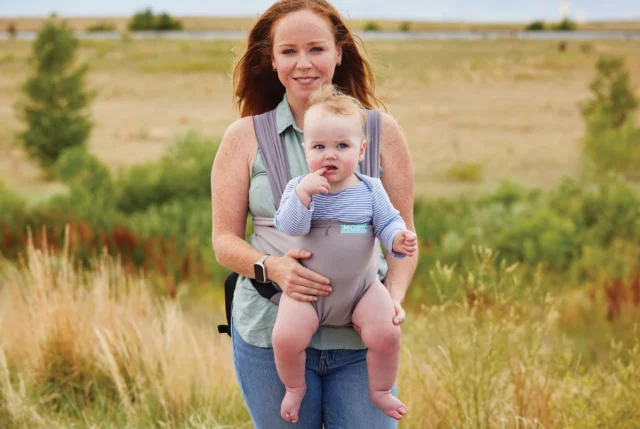
Researchers are finding that THC is increasingly being used during pregnancy across all age groups, with rates particularly high among younger, urban, and socioeconomically disadvantaged people. National surveys indicate a doubling in reported cannabis use among pregnant women from 2002 to 2017, with usage rates ranging from 2% to 5% overall, and skyrocketing to 15% or even 28% in certain demographics. Study after study reveals a persistent rise in cannabis consumption during pregnancy.
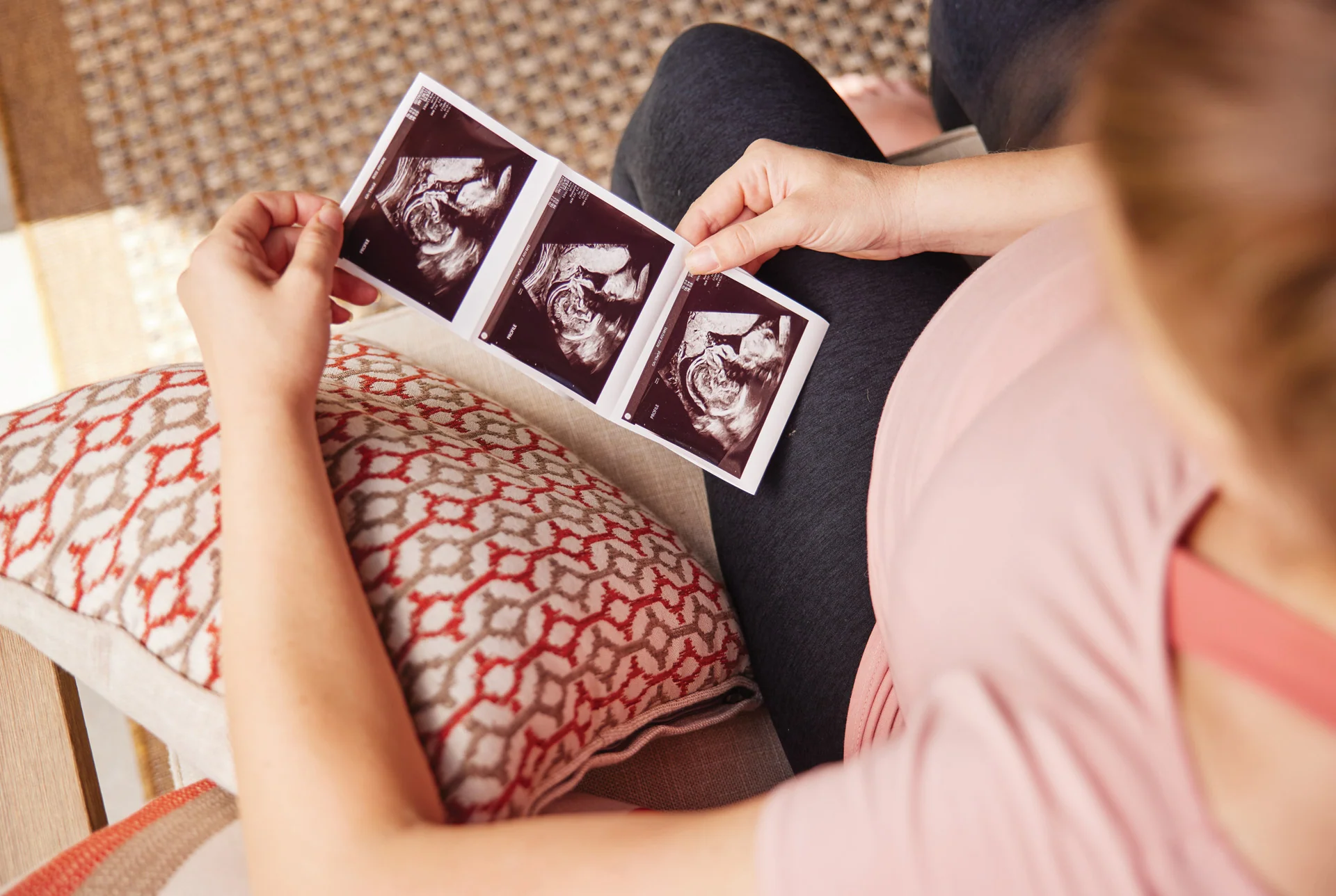

| Myth | Fact |
|---|---|
|
Cannabis is safer and less expensive than tobacco.
|
For the fetus, cannabis poses risks similar to tobacco.
|
|
Cannabis is a safe and effective treatment for morning sickness.
|
No evidence supports this claim.
|
|
There is no risk, or just a slight risk, to using cannabis only once or twice a week during
pregnancy.
|
Researchers already know that THC poses risks to fetal development, including to the nervous
system.
Research is still being conducted, but cannabis experts don’t think there is any "safe" dose
during
pregnancy.
|
| Myth | Fact |
|---|---|
| Cannabis is safer and less expensive than tobacco. | For the fetus, cannabis poses risks similar to tobacco. |
| Cannabis is a safe and effective treatment for morning sickness. | No evidence supports this claim. |
| There is no risk, or just a slight risk, to using cannabis only once or twice a week during pregnancy. | Researchers already know that THC poses risks to fetal development, including to the nervous system. Research is still being conducted, but cannabis experts don’t think there is any "safe" dose during pregnancy. |
Impaired judgment and coordination: Can affect motor skills and cognitive functions, leading to dizziness and falls.
Impaired breathing and lung function: Smoking cannabis can lower oxygen levels in the body, increasing the risk of breathing problems and lung damage.
Mental health effects: Frequent cannabis use (or use of high concentration products) can elevate the risk of mental health issues such as anxiety, paranoia, psychosis, schizophrenia, depression, and suicide.
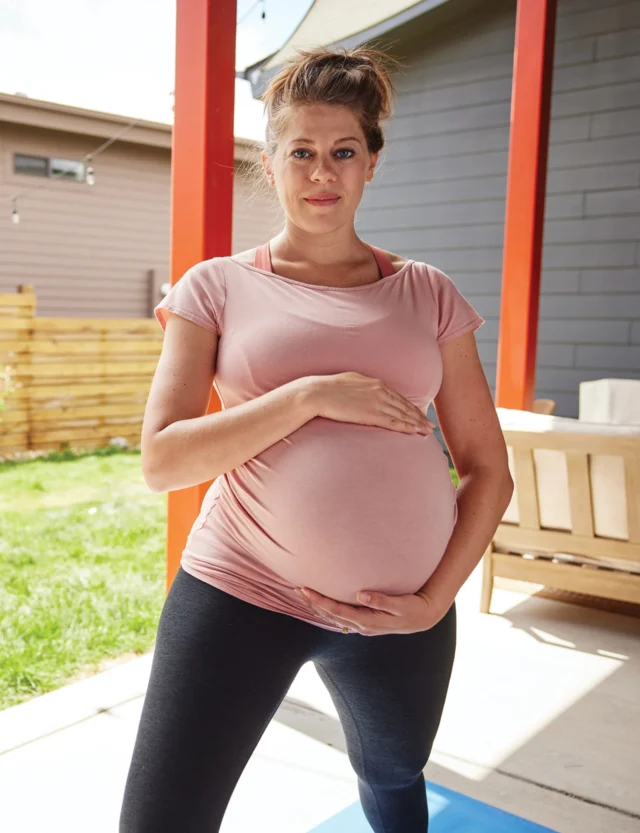
Fetuses exposed to cannabis in the womb may suffer:
Factors associated with these risks are:
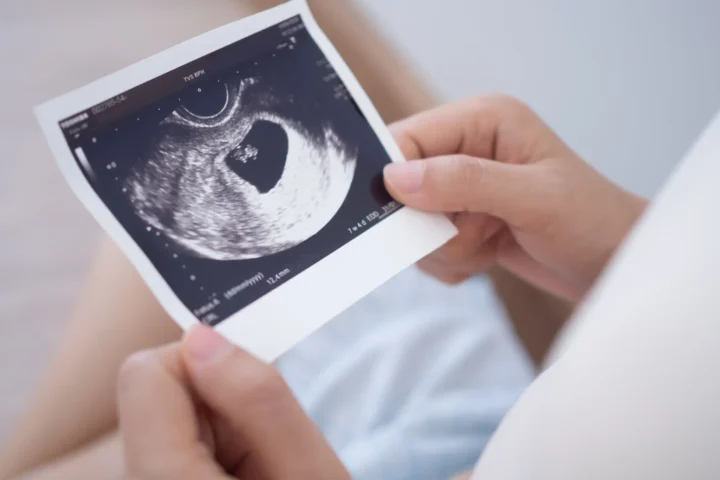
Researchers at the Colorado School of Public Health spent months poring over thousands of published articles to create a self-study curriculum for The Tea on THC. See how much you know about why young people are using high-concentration cannabis, how they're getting it, and what it may be doing to their mental and physical health.
Lesson 2 - Balanced Beginnings: Stress management for expecting and new parents
Learn about the latest scientific insights on stress, develop healthy coping skills, and explore resources to prevent substance use. Equip yourself with the tools to transform challenges into opportunities for growth.
By participating in this lesson, students will be able to understand:
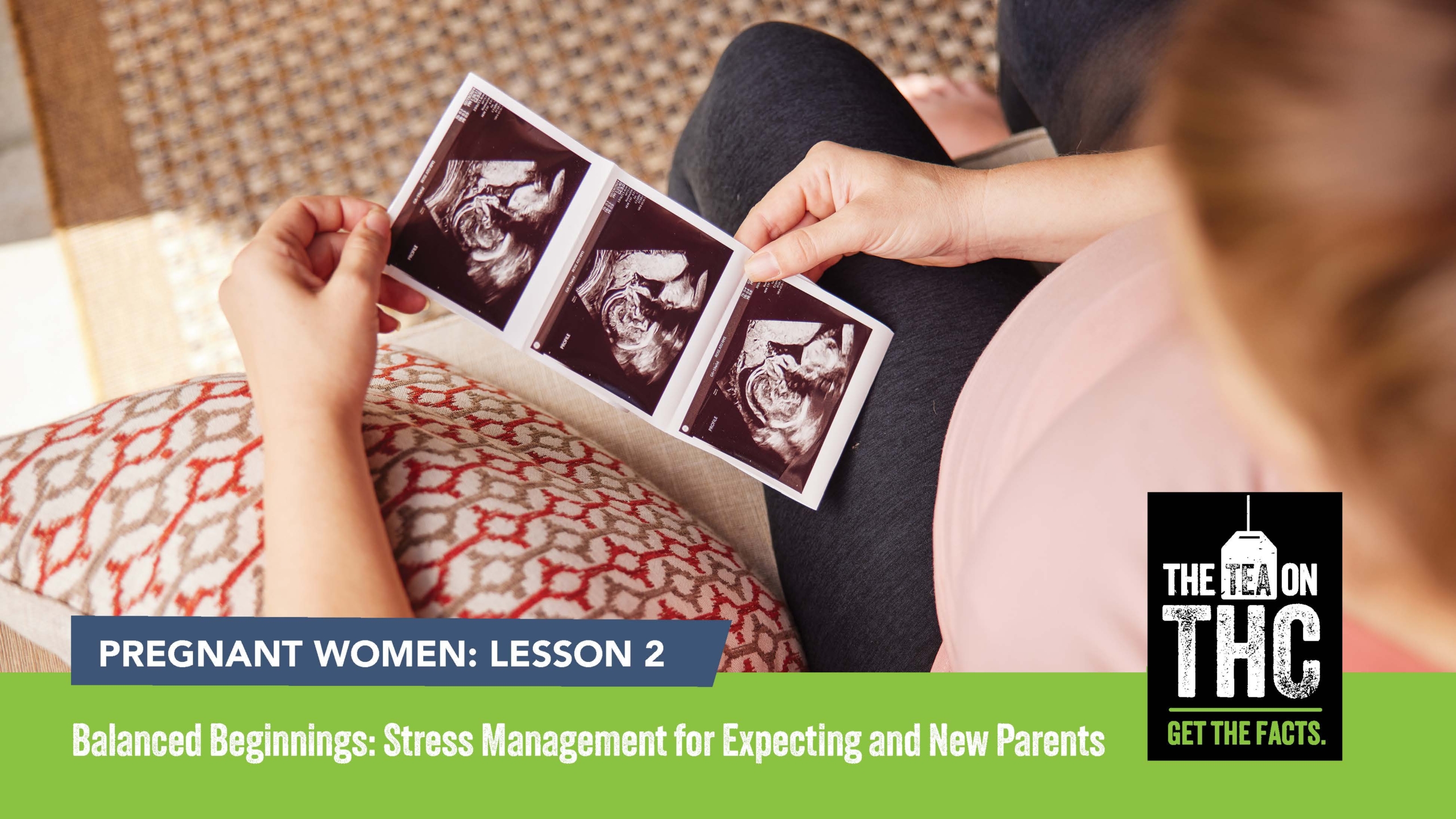
For any questions, please email info@teaonthc.org
Powered by Colorado School of Public Health
Desarrollado por la Escuela de Salud Pública de Colorado